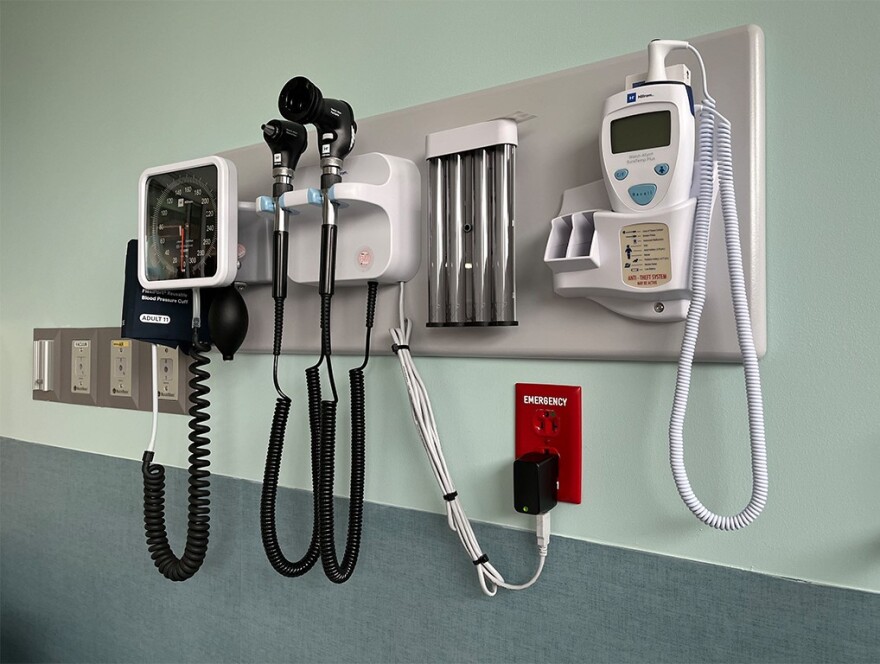More than 45,000 people in New Hampshire have lost Medicaid coverage since April 1, when federal health coverage protections tied to the pandemic ended.
Those “continuous enrollment” rules — meant to avoid sudden losses of health insurance in the midst of a viral pandemic — prevented states from ending someone’s coverage because of missed paperwork, increases in income or other changes that would normally make them ineligible.
State health officials have now started reviewing the status of people whose coverage was extended during the pandemic, along with resuming normal eligibility determinations for Medicaid, which happen annually.
Medicaid covers children, pregnant women, seniors, people with disabilities and low-income adults. It insured around 179,000 people in New Hampshire before the pandemic. That rose to 251,000 this past March due to the continuous coverage requirement. Total enrollment has since fallen to around 199,000, according to Henry Lipman, the state’s Medicaid director.
Most of the people who’ve lost coverage so far earned too much to qualify for Medicaid or experienced some other change in circumstances since the start of the pandemic that made them ineligible, according to data from the state health department. But thousands were also closed out for procedural reasons, like not returning paperwork.
Lipman said more people have actually retained Medicaid coverage than he expected. And state officials are working to make sure people who no longer qualify for that health insurance know about other options.
“While they may have closed for Medicaid, there's a chance that they could get exchange coverage, or they can get employer-sponsored coverage,” he said.
As pre-pandemic eligibility requirements have resumed, state officials have prioritized reviewing coverage for certain groups first, in an effort to minimize disruptions for the most vulnerable individuals. They started by reviewing the status of people who were likely to be ineligible or hadn’t used their benefits recently, so that children and adults with the highest medical needs could come later in the process.
“For example, someone who had hemophilia or was in a nursing home — that we move those people further out, so they'd have more time to react to this whole thing,” Lipman said.
Data from the New Hampshire Department of Health and Human Services provides a window into the process so far.
In March, April and May, the state health department reviewed Medicaid eligibility for about 61,000 people. That included both normally scheduled renewals and people whose redeterminations had been delayed because of pandemic protections.
The state terminated coverage for about 31,000 people, including around 11,000 whose income had risen above the limit and 3,200 who had become ineligible for other reasons, such as age. Another 13,000 lost coverage for not completing renewal paperwork or failing to verify information.
Separately, an additional 15,000 or so people who had already been deemed ineligible and would have lost coverage if not for the pandemic protections — for example, because they had previously reported a change in income — were removed from Medicaid.
Lipman said some of those who lost coverage have been able to quickly reopen it — including about 15% of closures from March. The state has begun sending out blue mailers reminding people that they have 90 days to renew after losing coverage, if they’re still eligible.
“Just because someone closes, that doesn’t mean our outreach ends,” Lipman said.
He said officials are working on other outreach strategies to make sure people know how to renew coverage, including creating a sign language video explaining the process. They have also started calling families to make sure they know their children may still qualify for Medicaid, even if the parents become ineligible for adult coverage.
State health officials are also talking to nursing homes and home health care agencies about how best to reach the people in their care as they come up for renewals, Lipman said.







